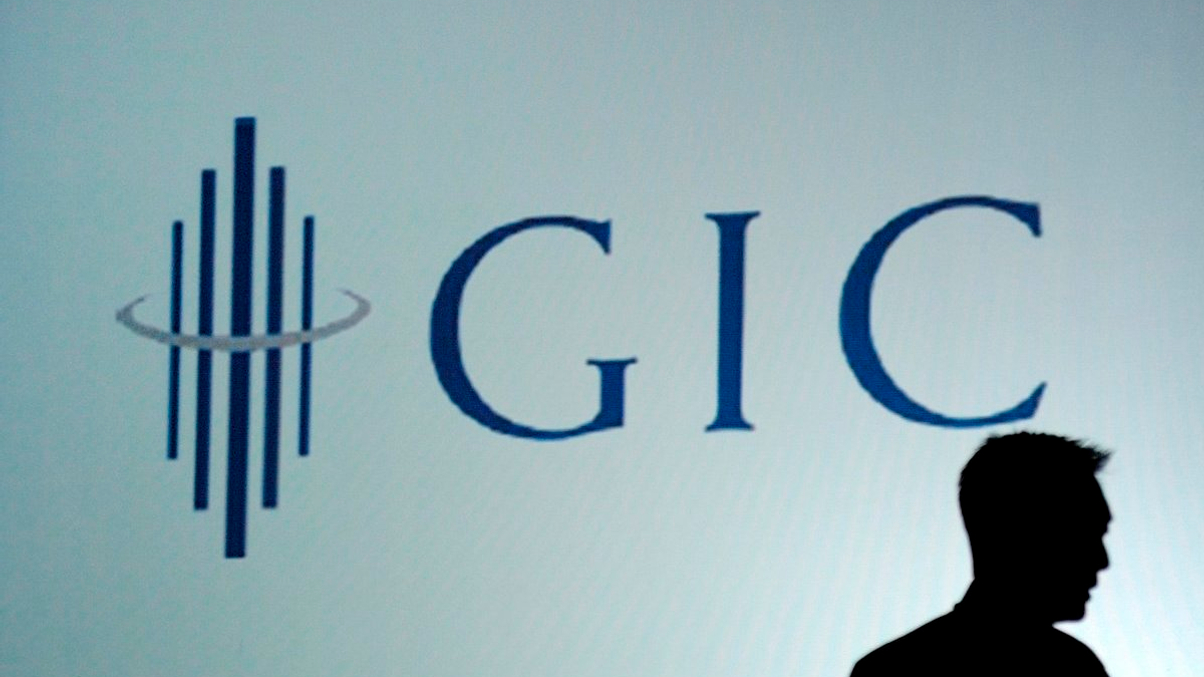Weekly investor roundup: Singapore's GIC leads $240 million fundraiser for Grafana Labs; Korea's Mutual Aid Fund to issue a $328 million real estate mandate
Singapore sovereign wealth fund GIC is leading a $240 million Series D funding round for open source technology company Grafana Labs; South Korea’s Yellow Umbrella Mutual Aid Fund is seeking managers for a $328 million real estate mandate; Hong Kong's Mandatory Provident Fund (MPF) posted HK$76.2 billion loss in the first quarter of 2022, and more.

TOP NEWS OF THE WEEK:
Sign in to read on!
Registered users get 2 free articles in 30 days.
Subscribers have full unlimited access to AsianInvestor
Not signed up? New users get 2 free articles per month, plus a 7-day unlimited free trial.
¬ Haymarket Media Limited. All rights reserved.


